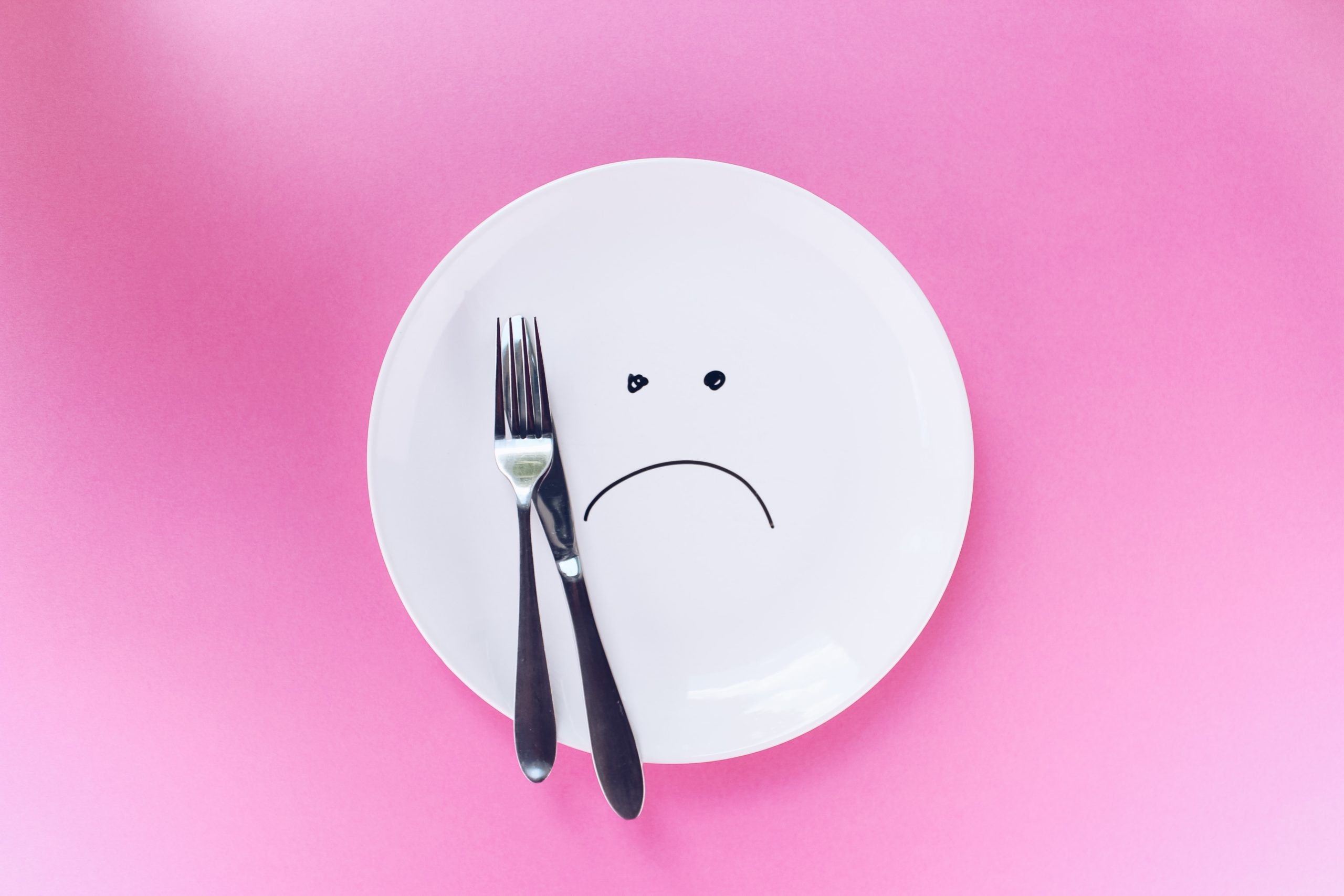A client recently sent me her diet journal, and her guilt was obvious. On one particular day, she ate breakfast and supper, but skipped lunch. Inserted was her comment, “yes I know, not healthy, but full from breakfast”. In doing so, it was clear to me that in her mind she had done a bad thing by skipping lunch. But after reviewing her journal I explained to her that reason for skipping lunch that day was a good one. Why?
Don’t Eat if You’re Not Hungry
If you feel hungry, your stomach is ready to process incoming food. If you don’t, then your stomach may not yet be empty, not having finished processing the previous meal. Eating when we aren’t hungry can lead to bloating, gas and general indigestion because there hasn’t been time to replenish the acids and enzymes needed to digest the new incoming foods.
Let me be clear: it’s not appetite I’m talking about. While appetite is a desire to eat that is often related to emotions, and not usually related to physical requirements, hunger is stomach-centered, a physical feeling characterized by a growling, empty stomach, sometimes accompanied by physical weakness. fatigue, or light-headedness.
Listen to Your Body
Pay attention and see what you’re really feeling is physical or emotional. Realize that you don’t have to use the clock to schedule your meals. If you aren’t feeling truly hungry, then wait until you are before eating. (But make sure your food is ready to eat for when you are!) You’ll likely experience more comfortable digestion (chew well!) and absorb more nutrients having given your digestive system a break.
Reality Bites
If your line of work does not give you the flexibility to eat whenever you’re hungry, plan ahead and make sure you eat enough before your shift begins. With a little planning and organization as well as some experimentation, you will find the right combinations and quantities of foods that work for you. Need help figuring that out? A nutritionist like me can be of assistance!
